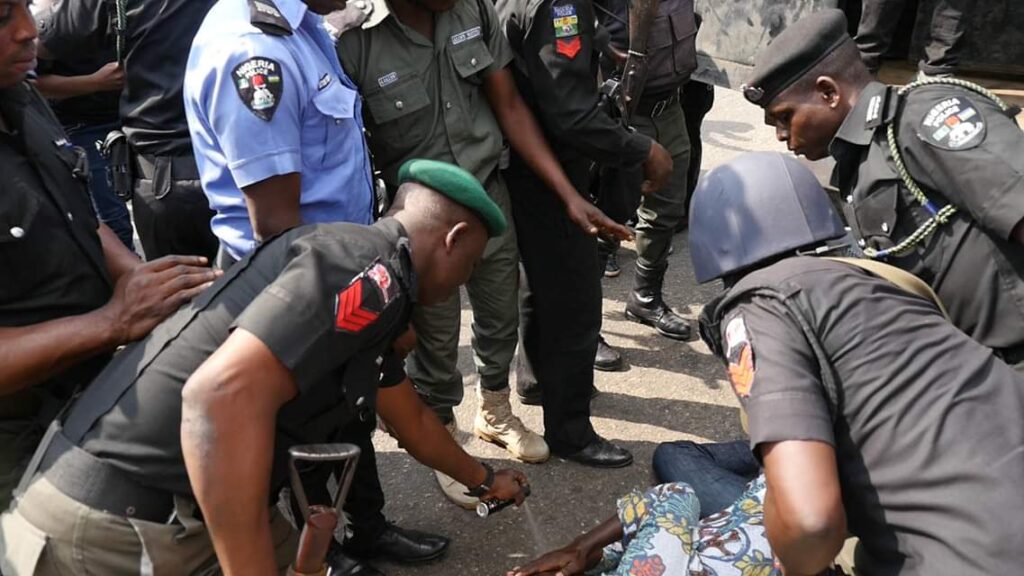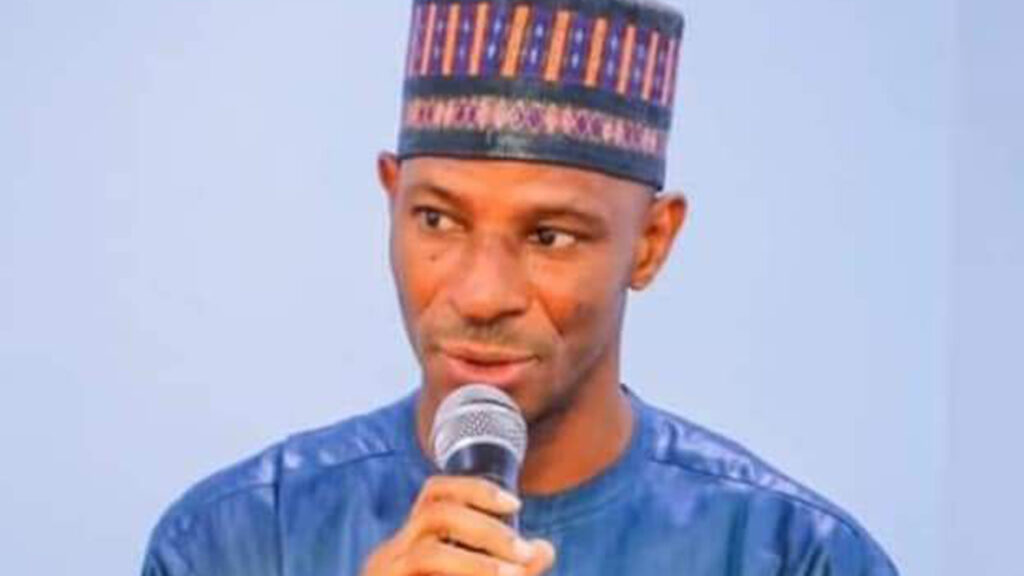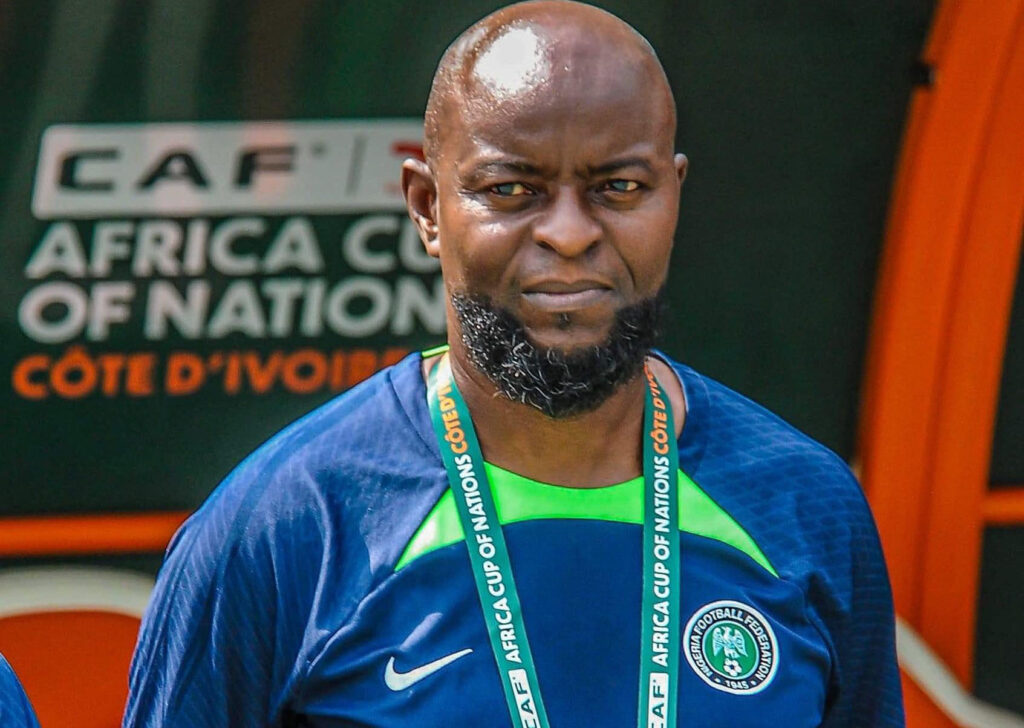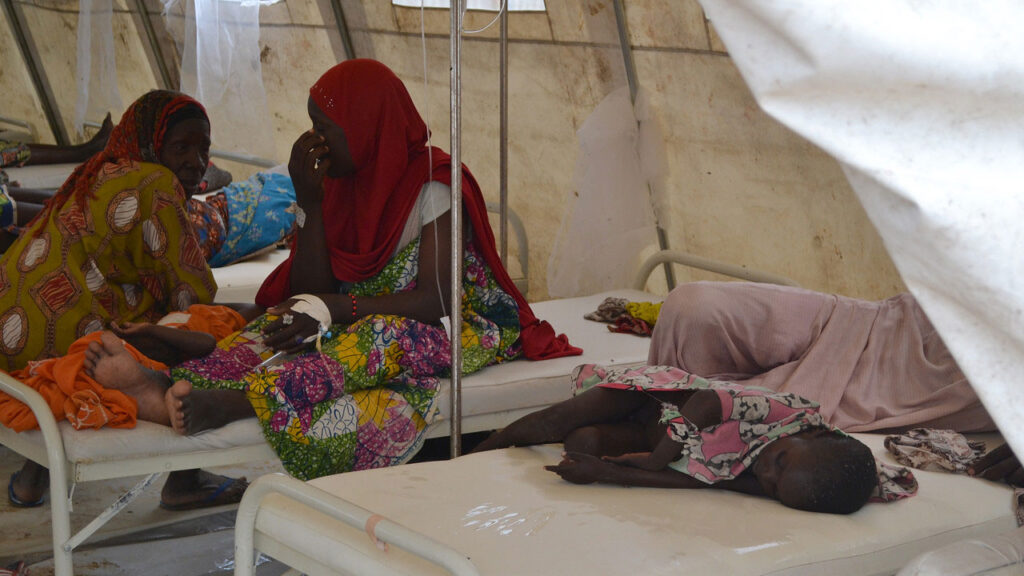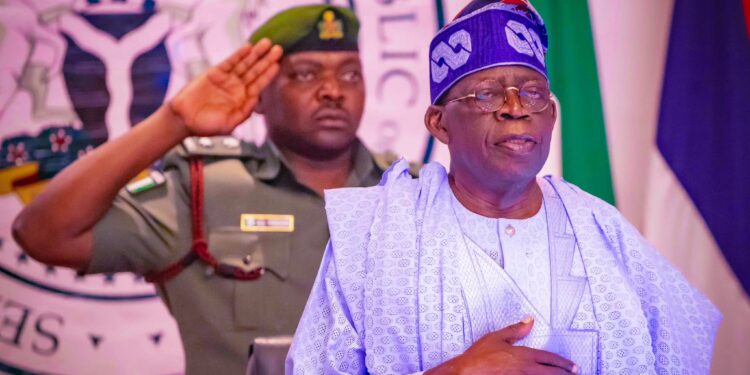
Abductions, killings and general insecurity have lately gone haywire again, leaving on the trail a growing discontent and vote of no confidence in the Federal Government’s handling of security. But beyond President Muhammadu Buhari’s request for forgiveness for the misfortune visited on Nigerians in the last eight years, he should admit that he has a defining problem in his hands, and man up towards a parameter that will end terrorism in Nigeria. Otherwise, he should admit governance failure.
Recently, the foremost Yoruba socio-political organisation, Afenifere, expressed concern about the upsurge in terrorist activities in the country. The group regrets that since the completion of the 2023 election, die-hard terrorists have been freely going about killing and kidnapping hundreds of Nigerians, especially the citizens of Benue State. Afenifere laments that apart from killing and kidnapping people on highways, “bandits now even have the effrontery to abduct people from their homes,” as it happened to one Adebukola in Ondo State, to a former deputy governor of Nasarawa State, Prof. Onje Gye-Wado, to the driver of the incumbent Nasarawa State deputy governor, to one Muhammadu Jibril in Ago Igbira, Osun State, and to over 100 students of Federal Government College, Yauri, Kebbi State, who were abducted from their hostels – to mention a few.
In its reaction to the recent plead of Buhari for forgiveness for his misrule, the group said that the people might forgive Buhari for his wrongdoings, if within the remaining days in office, he takes concrete steps to permanently halt insecurity in the country – in consonance with Section 14 of the 1999 Constitution, and ensures immediate payment of the eight-month salaries of university lecturers. Afenifere hopes that if the aforementioned measures can be successfully implemented before May 29, Buhari may earn forgiveness from the Nigerian people.
We cannot agree more with Afenifere. Since the completion of the 2023 election, there has been a phenomenal upsurge in terrorist activities nationwide, especially in Benue State, where hundreds of citizens have been massacred in many terrorist attacks. One of the campaign promises of Buhari was to defeat the Boko Haram insurgency, and terrorism in Nigeria before leaving office. But it is now clear that the Buhari government is incapable of defeating Boko Haram, and terrorism in Nigeria.
The truth of the matter is that, contrary to its promises, the Buhari government lacks the political will, untrammeled poise, avowed determination and doggedness in waging war against Boko Haram and terrorism. We agree with Afenifere that the shoddy manner in which security issues in Nigeria are being tackled under the Buhari government lends “credence to the allegation in some quarters that there could be a hidden agenda to the issue of banditry, kidnapping, and terrorism; otherwise, the government would have been more decisive in the way it tackles the monster that is fast eroding the essence of our being.”
This is why the Bring Back Our Girls (BBOG) movement has been urging Buhari to, among other things, bring back the remaining captured Chibok girls before May 29, 2023. However, a few of the girls who came back are pregnant. For example, two years after the abduction of dozens of schoolgirls from Federal Government College, Birnin Yauri in Kebbi State, a notorious bandit kingpin, Dogo Daji, has released four of the remaining 11 girls in captivity with two of them carrying two babies, which they delivered while in captivity. Despite the promises of the Buhari government, Leah Sharibu, one of the abducted Chibok girls still held in captivity for refusing to convert to Islam, has not been released. There is no certainty on the well-being of this ‘audacity of courageous.’
Given the upsurge in terrorist activities across Nigeria at the moment, the Buhari government should wage the final war against terrorist activities before leaving office. It is hypocritical for Buhari to ask for forgiveness when there are no sincere concerted efforts on the part of his government to defeat terrorism. All the government’s braggadocio and grandstanding are ruses just to win undeserved public sympathy that the government is equal to the task of defeating terrorism when, in actual fact, the government is not taking any serious measures to defeat terrorism.
Overall, the government needs to take a comprehensive and coordinated approach to combat Boko Haram and terrorism. First, the government needs to demonstrate strong leadership in the fight against terrorism. This involves setting clear priorities, communicating effectively with the public, and taking decisive action to address the threat to security. The government needs to address the root causes of terrorism, including poverty, social inequality, and political grievances. This can be done through policies that promote economic development, social welfare, and political inclusion.
The government can use its military forces to fight against Boko Haram, and other terrorist groups. This would involve deploying well-armed troops to the affected regions and carrying out targeted military operations against the terrorists. Additionally, the government can equip and train its military to better combat the insurgents. The government can enhance its intelligence gathering capabilities to better monitor the activities of militias, and other miscreants. This would involve deploying more intelligence officers to the affected regions, using advanced technology to track the terrorists’ movements and communication, and strengthening collaboration between security agencies.
The political leaders, civil society organisations, and other stakeholders should work to build consensus among themselves on the most effective ways of dislodging terrorist activities. This can be done through dialogue, consultations, and other forms of engagement. The government can seek support from the international community, including allies and multilateral organisations, to help combat terrorism in Nigeria. This can involve seeking technical assistance, training, and other forms of support to enhance the government’s capacity to fight terrorism. The government can implement counterterrorism measures such as securing public places, improving border security, and strengthening the country’s emergency response capabilities.
The government can tighten its borders to prevent terrorists from entering the country, using measures such as enhanced screening procedures and visa restrictions. The government can work to disrupt the financing of terrorist organisations by tracking and freezing their assets, prosecuting individuals and organisations that provide financial support, and enforcing sanctions against countries that support terrorism.
The government can engage with affected communities to gain their trust, and support in the fight against terrorism. This should involve building relationships with local leaders, involving communities in the development of counterterrorism strategies, and promoting community policing.



